Last December 13, twenty-six committed designers joined us for an after-work co-creation session. This was the first SDN Portugal building session and an acid test for both our work and vision to make Portugal a Service Design Hub.
The session began with a quick introduction to our vision and associated pillars, SDN organisation and roles envisioned for community members: Ambassador, Go-Getter and Freestyler, from more to less commitment. This short introduction gave place to a great session where feedback, key challenges, opportunities and specific actions were discussed for each of the three pillars (see Figure 1) that represent the vision of Chapter to make of Portugal a Service Design Hub in the world: knowledge, business and community.

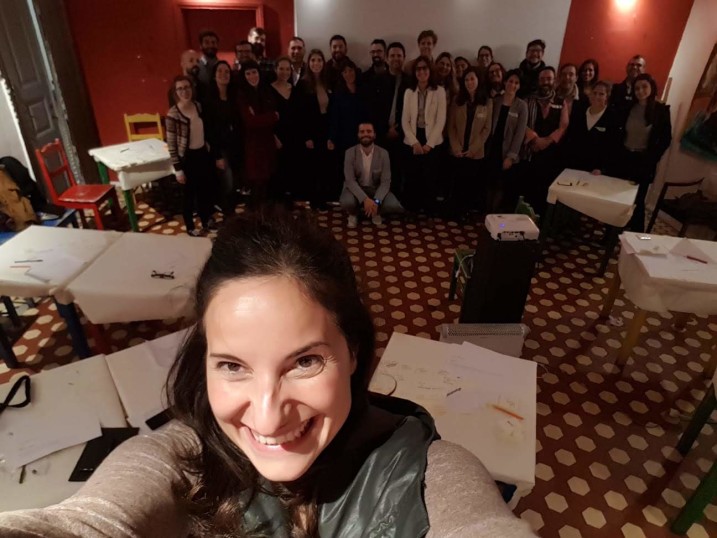
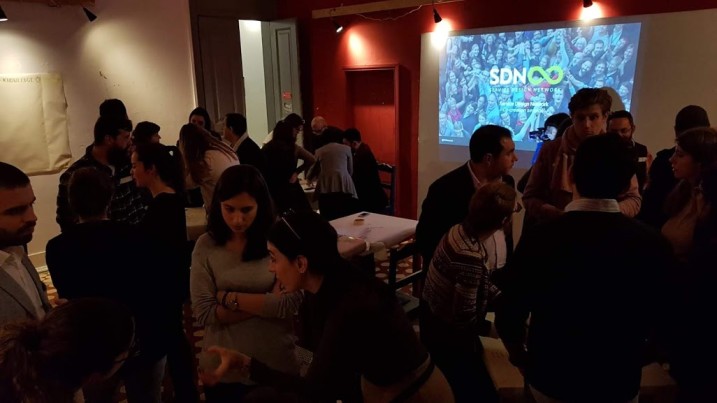
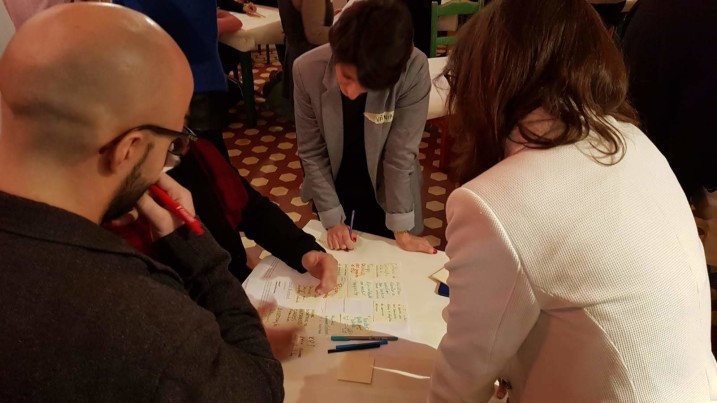
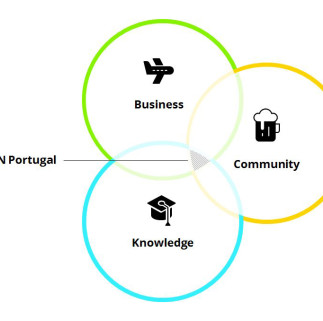
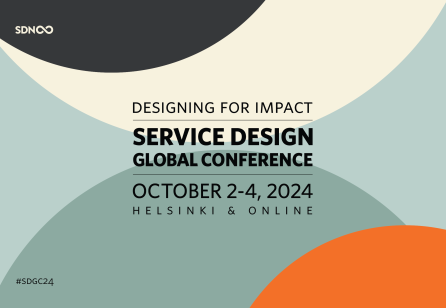
.jpg)
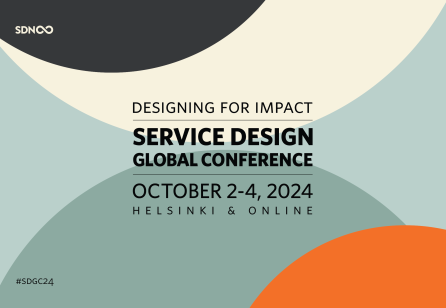
.jpg)
Share your thoughts
0 RepliesPlease login to comment